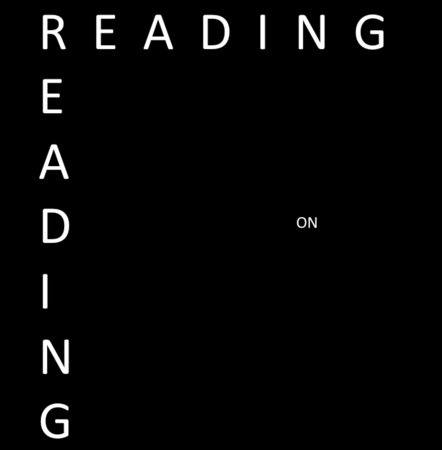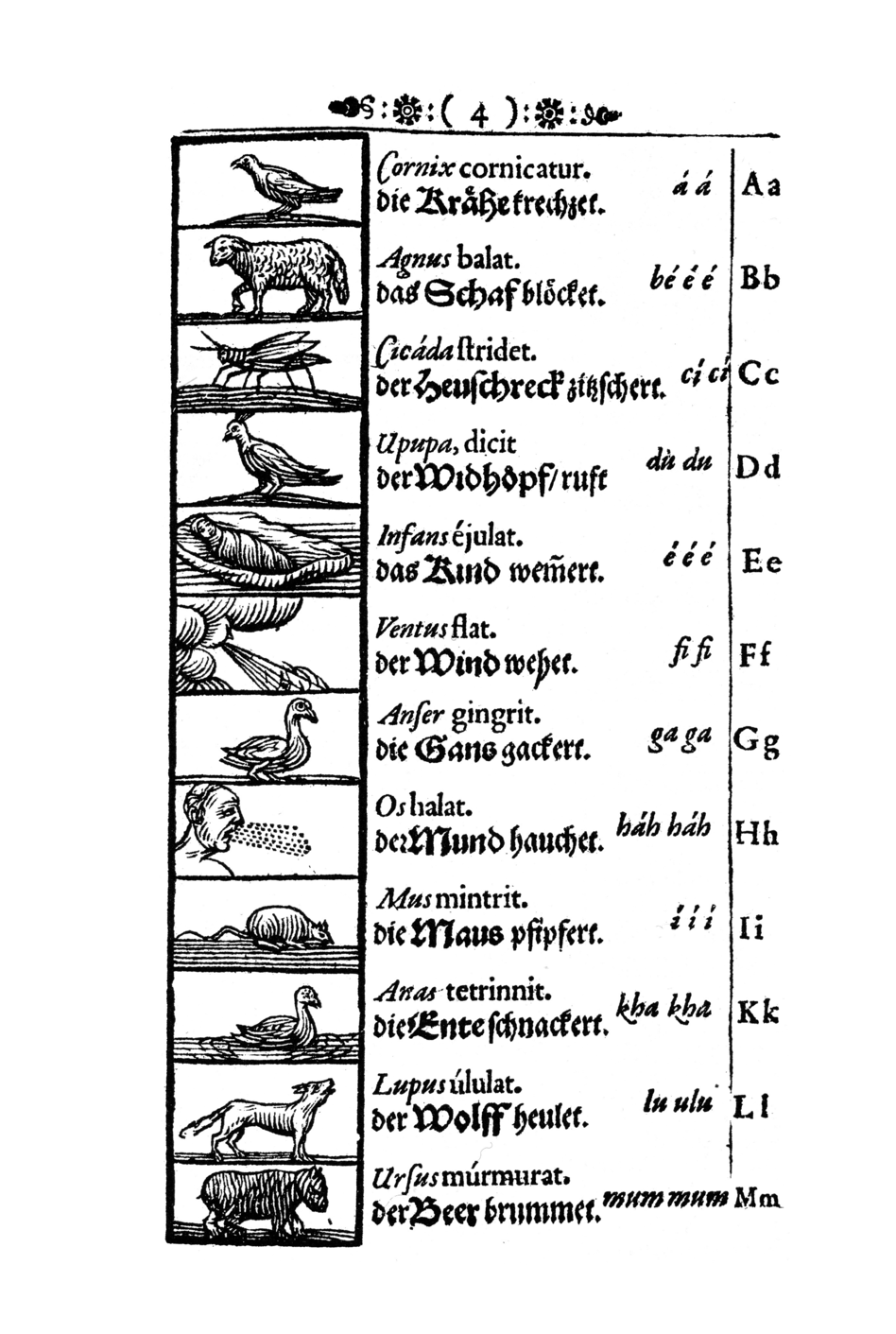Lettering was tested by Emma Cocker, Cordula Daus and Lena Séraphin in the interior spaces of the Sala del Camino on 8 May 2019, following by a period of reflective conversation that we recorded and subsequently transcribed. Extracts from the conversation are included in this section. We also conducted a further series of Lettering experiments within the frame of the InfoLab exhibition at Exhibition Laboratory on 25 October 2019, as well as a series of remote experiments where we recorded our own experiments from our respective locations in Berlin, Helsinki and Sheffield.
Conversation after the exercise, an (edited) transcript:
You were asking what is reading... When I do the lettering I don’t understand. Does reading mean that I have to understand? I feel that this is the cultural imperative in the reading gesture: The way we read, the way we are taught to read in a classroom, we are told to understand. Can we dissociate reading from understanding?
It touches on what I would call the hidden authority of the call of the text which is to be with the author, to be there. But you can also read differently. For example by finding our ways of rebelling against it, or to explore what touches us or why it touches us, and why this might be more important than what he writes. I mean the way to relate to the text might be more important than the content, you know. The relationality that is generated through the reading. It is interesting what you say about this slow reading.
I think it is about an attentional form of non-instrumentalised, non-utilitarian form of reading, where you are reading in such a way as to welcome in the possibility of transformation through reading. Rather than acquisitional reading. Or reading as a resource where you are just trying to grasp the content.
Really reading in the phenomenological sense could be understood to be in and bring forth the inner meaning of that text. Does this mean to be with the author?
But then even if you think you're with the author, no one will know where you are. And who knows what the author really meant when writing it.
Institutionised kinds of reading tend to train us to skim texts to get to the quotes that we want to use. This kind of reading clearly fails to transform you as a reader.
I wonder is it possible to be transformed by reading even if you are not touching the content as such? Even if I am not necessarily understanding it on a cognitive level, can that transform me? Can I be transformed by the quality of attention in lettering? Does this transform me more than if I am reading to see what quote I can get from Perec?
Example 2)) Three readers, each recorded separately, reading the same text starting at different entry points, 2:00 min.
Example 3) Three readers, each recorded separately, reading the same text starting at the same point, 2:00 min.
Notes and Credits
1. Johann Amos Comenius: Initial sound table out of Orbis sensualium pictus, public domain.
PRACTICE DESCRIPTION

